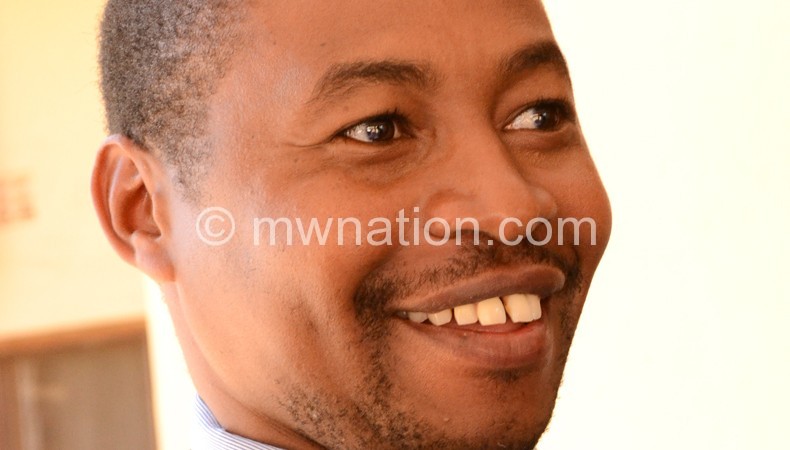Parties outclassed, independents dominate
For the first time in the history of Malawi’s multiparty democracy, independent members of Parliament (MPs) have become a dominant bloc in the National Assembly, a development analysts say indicates loss of trust in political parties.
During the first multiparty general elections in 1994, there were no independent MPs in Parliament. However, in 1999, apparently due to frustration after losing in party primary elections, four aspirants made it to Parliament.

The number grew in 2004 to 38 and went down to 33 in 2009. In the May 20 Tripartite Elections, independent MPs lead in terms of representation as they are 52 compared to 50 for Democratic Progressive Party (DPP), 48 for Malawi Congress Party (MCP), 26 for People’s Party (PP), 14 for United Democratic Front (UDF) and one each for Alliance for Democracy (Aford) and Chipani Cha Pfuko (CCP) of Enoch Chihana and Davis Katsonga respectively.
Ironically, in the 2009 general elections, DPP scooped a majority of 112 seats in Parliament followed by MCP with 28, a drop from the 54 it had in 2004. For UDF, the 14 seats are a drop from the 16 it won in 2009 and the 49 in 2004.
Henry Chingaipe, a political and social commentator, said in an interview yesterday that arrogance and lack of democracy are the main causes for the rise of independents.
Said Chingaipe: “People are losing trust in political parties because they are mostly not operating according to their will. Instead of the MPs listening to them, they listen to the parties thus disconnecting themselves.”
Another factor, according to Chingaipe, is lack of democracy within parties where authorities tend to impose some candidates on the party members at grass roots level.
This development sees the candidates the people want contesting as independents and eventually winning national elections at the expense of the political parties, according to Chingaipe.
On the way forward, Chingaipe advised political parties to reform and follow the will of the people.
He said: “They need to reform and listen to the will of the people if they want the number of independents to be reduced. But if they don’t, the trend will continue.”
Another analyst, Happy Kayuni, associate professor of political and administrative studies at the University of Malawi’s Chancellor College, agreed with Chingaipe, saying independents are a creation of political parties.
Said Kayuni: “The political parties themselves create independents by imposing candidates on the people. So, those that are liked stand as independents and win. This is a clear message to political parties that they should not take it for granted that because they are popular in certain areas, their candidates are assured of winning.”
In 2004, independent MPs in Parliament, led by former vice-president Justin Malewezi worked together as a bloc and managed to influence debate in the House.
Veteran politician Harry Thomson, who has made a come-back to Parliament by winning the Chikwawa North Constituency seat, said the situation will decide how independents work.
Said Thomson: “We will need to find out who these independent MPs are, how and why they stood as independents and whether they will remain as independents. I am saying this because history has shown that if parties, mostly ruling parties, make offers to join them, few resist.”
On whether he will join a political party, Thomson said it is too early to respond.
However, Frank Mwenefumbo of Karonga Central Constituency, said he will remain independent because the people in his area chose him to be so. Mwenefumbo contested as an independent after losing PP primaries.
FAST FACTS
—During the first post-single-party general elections in 1994, there were no independent MPs.
—In the 1999 general elections, four MPs made it as independents and the number rose in 2004 to 38 in the 193-member National Assembly.
—In 2009, the number of independent MPs dropped to 33 before rising to 52 in the May 20 Tripartite Elections.





